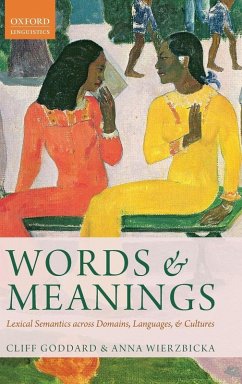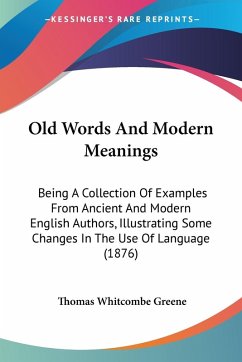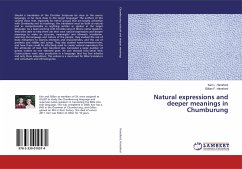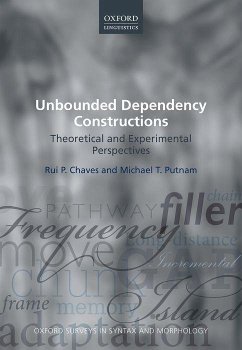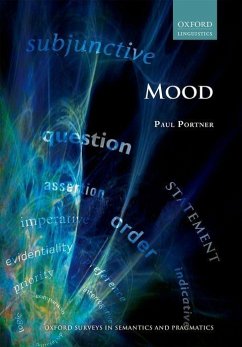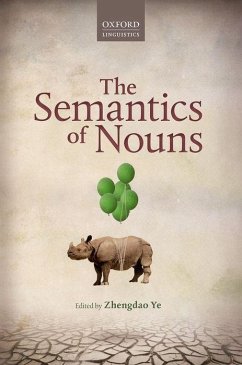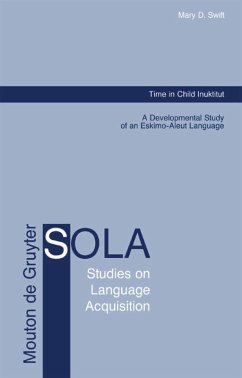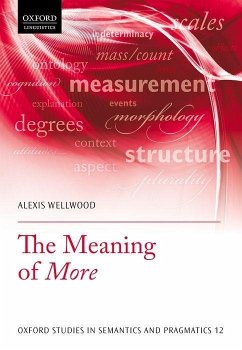
Enriched Meanings
Natural Language Semantics with Category Theory

PAYBACK Punkte
53 °P sammeln!
This book develops a theory of enriched meanings for natural language interpretation that uses the concept of monads and related ideas from category theory, a branch of mathematics that has been influential in theoretical computer science and elsewhere. Certain expressions that exhibit complex effects at the semantics/pragmatics boundary live in an enriched meaning space, while others live in a more basic meaning space. These basic meanings are mapped to enriched meanings only when required compositionally, which avoids generalizing meanings to the worst case. Ash Asudeh and Gianluca Giorgolo ...
This book develops a theory of enriched meanings for natural language interpretation that uses the concept of monads and related ideas from category theory, a branch of mathematics that has been influential in theoretical computer science and elsewhere. Certain expressions that exhibit complex effects at the semantics/pragmatics boundary live in an enriched meaning space, while others live in a more basic meaning space. These basic meanings are mapped to enriched meanings only when required compositionally, which avoids generalizing meanings to the worst case. Ash Asudeh and Gianluca Giorgolo show that the monadic theory of enriched meanings offers a formally and computationally well-defined way to tackle important challenges at the semantics/pragmatics boundary. In particular, they develop innovative monadic analyses of three phenomena - conventional implicature, substitution puzzles, and conjunction fallacies - and demonstrate that the compositional properties of monads model linguistic intuitions about these cases particularly well. The analyses are accompanied by exercises to aid understanding, and the computational tools used are available on the book's companion website. The book also contains background chapters on enriched meanings and category theory. The volume is interdisciplinary in nature, with insights from semantics, pragmatics, philosophy of language, psychology, and computer science, and will appeal to graduate students and researchers from a wide range of disciplines with an interest in natural language understanding and representation.




